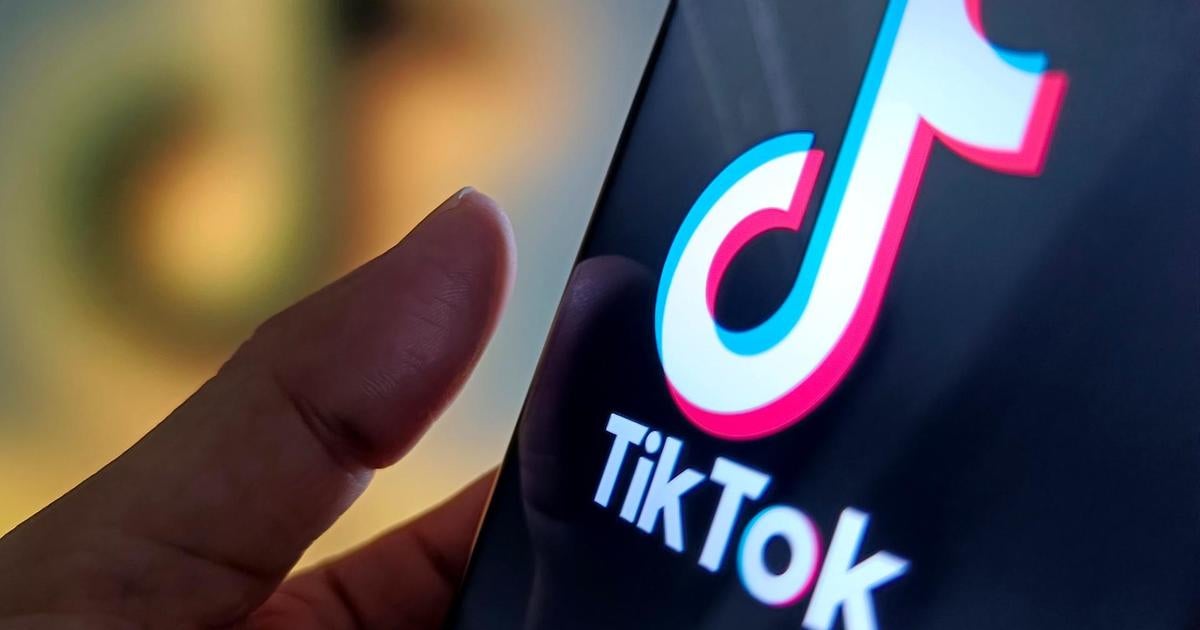In a recent development, lawyers for TikTok have taken their case to the Supreme Court, urging the justices to declare a new law unconstitutional. This law could potentially result in the banning of the widely popular app in the United States. The legal team representing TikTok argues that shutting down the app would not only restrict its own freedom of speech but also silence the voices of over 170 million American users who rely on the platform for communication and expression.
President-elect Donald Trump has also weighed in on the matter, filing a separate brief in which he expresses opposition to the ban at this time. Trump has requested a pause in the enforcement of the law to allow for political negotiations to take place and potentially resolve the dispute through diplomatic means. It is worth noting that Trump had previously attempted to ban TikTok during his first term in office but reversed his stance during his campaign, pledging to preserve the app and protect the rights of its users.
The opening brief filed by TikTok’s legal team provides a preview of the arguments they intend to present to the Supreme Court. They are seeking a reversal of a decision made by a three-judge appeals court panel that upheld the ban. While acknowledging Congress’s interest in national security, TikTok’s lawyers emphasize that suppressing the speech of American citizens should not be a tool used to address security concerns.
On the other side of the legal battle, the Justice Department has defended the law, arguing that it aligns with the First Amendment and serves a compelling government interest in safeguarding national security. The department’s filing asserts that the law aims to prevent potential threats posed by foreign adversaries, particularly China, which could exploit TikTok to gather sensitive data on millions of Americans and influence public discourse through covert operations.
The Supreme Court’s decision to take up TikTok’s challenge to the ban marks a significant development in the case. The court has scheduled oral arguments for January 10 and is expected to expedite the proceedings to reach a timely ruling. In addition to TikTok’s challenge, the justices will also consider a request from a group of the platform’s users to block the ban.
Despite the case being heard in the final days of the Biden administration, Trump’s support for TikTok adds a unique dimension to the legal battle. The president-elect’s brief to the Supreme Court seeks to delay the law’s implementation to allow for a negotiated resolution that balances national security concerns with the preservation of Americans’ First Amendment rights.
The controversy surrounding TikTok stems from concerns about its ownership by ByteDance, a Chinese company, and the potential risks of data-sharing with the Chinese government. Lawmakers from both parties and intelligence agencies have raised alarms about the possibility of China exploiting TikTok for espionage or propaganda purposes. As a result, the law in question gives TikTok a deadline to divest from ByteDance or face severe restrictions on its operations in the U.S.
TikTok has maintained that divesting from ByteDance is not a viable option, as the Chinese government has indicated its intention to block any sale of the platform’s algorithm, a key asset that drives user engagement on the app. The company’s legal challenge to the law centers on the argument that it infringes on the First Amendment rights of both TikTok and its user base, effectively silencing a large segment of the American population.
The ruling by the appeals court panel, which upheld the ban, emphasized the government’s duty to protect national security interests from foreign threats. The judges concluded that the law’s restrictions on TikTok were justified in light of the potential risks posed by China’s control over the platform. While acknowledging the impact on TikTok and its users, the court emphasized that the burden was a result of China’s actions rather than the U.S. government’s response.
The legal battle over TikTok’s future has garnered significant attention from various stakeholders, including members of Congress, civil liberties groups, former national security officials, and TikTok users. The outcome of the case before the Supreme Court will have far-reaching implications for the app’s operations in the U.S. and the rights of its millions of American users.
As the legal proceedings unfold, the fate of TikTok hangs in the balance, with the Supreme Court poised to make a crucial decision that could shape the future of online platforms and the protection of free speech in the digital age. The clash between national security concerns and constitutional rights underscores the complex interplay between technology, geopolitics, and individual liberties in the modern era.









